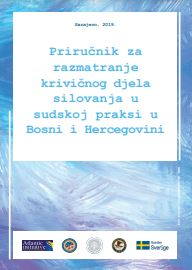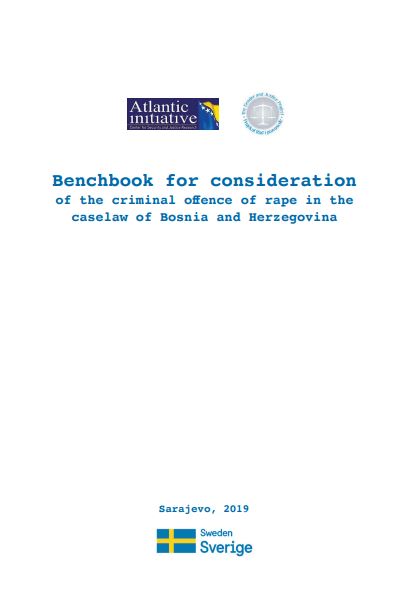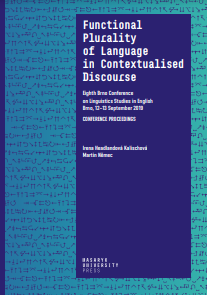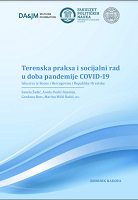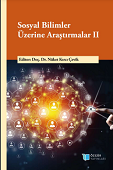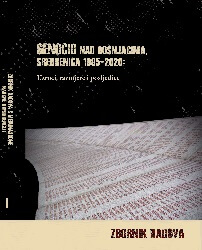
Majka i dijete u zločinu genocida nad Bošnjacima
Genocide against Bosniaks of the United Nations Safe Zone Srebrenica, before the International Criminal Tribunal for the Former Yugoslavia, verdicts of German courts (Düsseldorf High Regional Court), genocide crimes in Doboj and other places in Bosnia and Herzegovina, and verdicts of the Court of Bosnia and Herzegovina, are paradigmatic evidence of genocidal destruction of Bosniaks, because the analysis of specific socio-historical processes, in the form of national liberation movements and nation-building in South Slavs and the wider Balkans, continuously, as an integral part of the genocide against Bosniaks. There are a lot of evidence of genocide against Bosniaks that are explicit and unquestionable as social, historical and legal facts, but one of them stands out and that is the genocide of mother and child as sources of holiness of life. In this paper, we will work on concrete socio-historical examples of the suffering of mothers and children in the genocide against Bosniaks from the beginning of the so-called “National liberation movements” in the early 19th century, through the Balkan wars, the First and Second World Wars, to the war against Bosnian society and the state in 1992–1995. using only relevant theoretical and methodological postulates, to prove and show that the last genocide against Bosniaks in and around Srebrenica, July 1995, is not an individual and isolated case of genocidal oppression of Bosniaks, but, on the contrary, represents only a paradigmatic example, ie part continuous genocide, as a means of “national liberation movements” from the neighborhood of Bosnia and Herzegovina, carried out according to the Jacobin formula “one state-one (ethnic) community”. By analyzing the suffering of mother and child in the genocide against Bosniaks, we will open the question of the prevailing false narratives (historical, political, “cultural” and others) about national liberation movements from the position of the principles of the Universal Declaration of Human Rights, as progressive civilizational achievements.
More...
